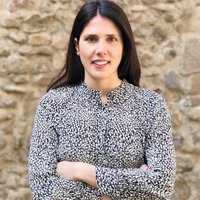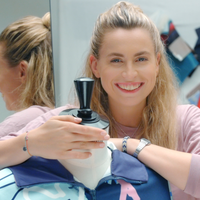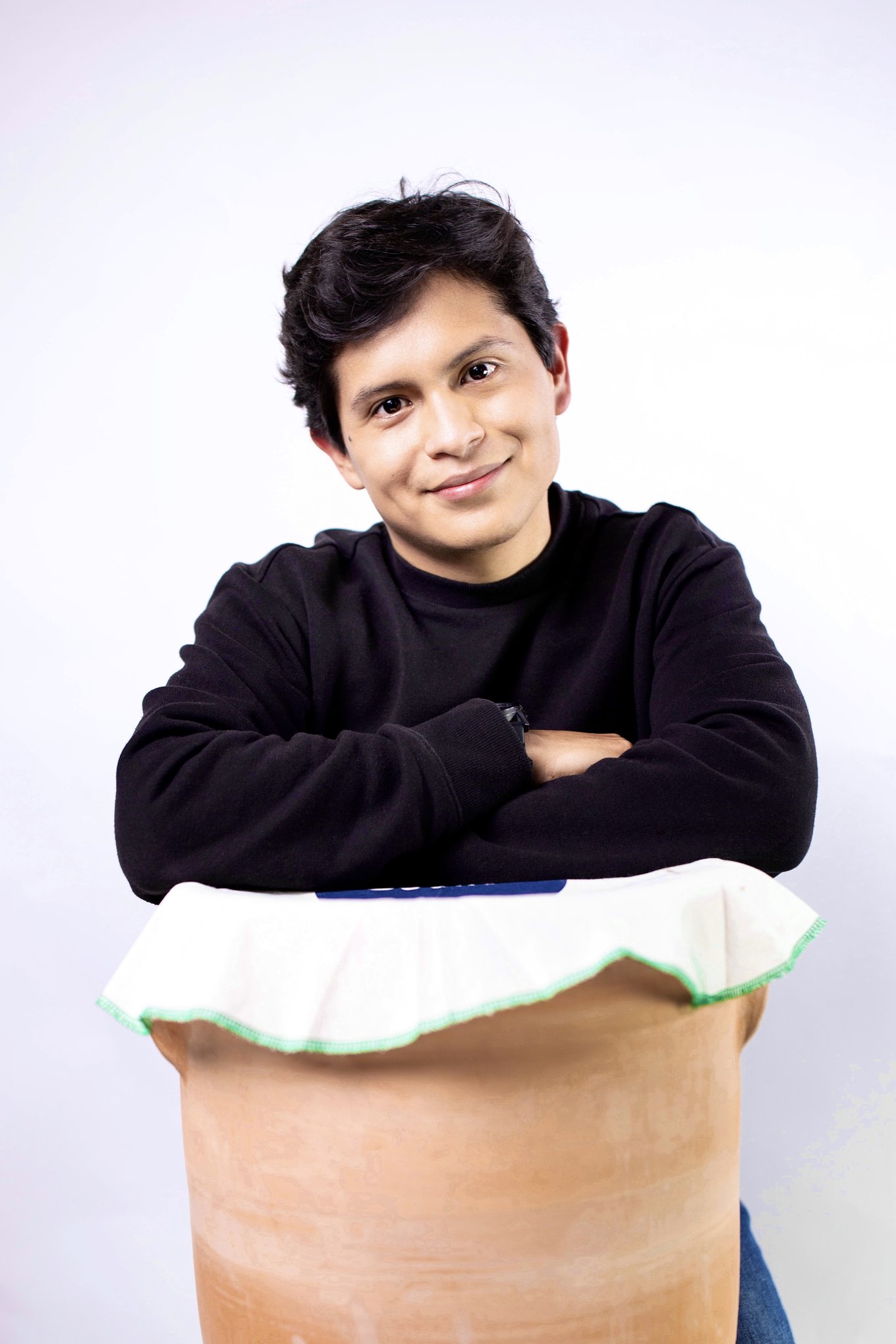Keeping food in the
refrigerator is something that many of us do without considering whether it is
a privilege. Almost half of the households in Peru do not have a
refrigerator. Living without a refrigerator increases the waste of food that spoils
more quickly and is the reason for many families to eat a less healthy diet
because hypercaloric and ultra-processed foods are better preserved.
With the aim of addressing this public health and environmental problem, the young Jorge Luis Siesquén democratizes access to food refrigeration with an ancient technology that does not consume energy. For this low-tech social and environmental innovation project called Pukhi, Siesquén has become one of the 35 winners of Innovators under 35 Latin America 2022 of MIT Technology Review in Spanish.
Clay, sand, and water. With these three simple materials, this Peruvian business administrator has designed a "low-cost, high-impact solution for many people". Pukhi's products are simple, sustainable, and developable with minimal resources. The young man details, "Fresh food is a privilege. We want to break down that wall of inequality. Not having a refrigerator is the tip of the iceberg. We meet four of the 17 Sustainable Development Goals set by the United Nations."
The Siesquén development works thanks to evaporative cooling and consists of two ceramic containers. Sand is placed in the larger one before the smaller one is placed inside. Water is then added. After waiting a few hours for the water to evaporate, it can be filled with up to six kilos of fruit and vegetables. With this simple mechanism, like the botijo, Siesquén achieves a temperature up to 10 degrees below the ambient temperature without using electricity. Its design works better in summer than in winter and the innovator facilitates workshops so that anyone can make their own cheap and environmentally friendly refrigerator. This breakthrough promotes healthier eating by encouraging the consumption of fresh food without preservatives and facilitates savings for the most impoverished people by reducing losses of spoiled food.
The initiative is already present in three regions of Peru. The young man is spreading "a simple technology that transforms lives" in other countries so that more people can benefit from evaporative water cooling regardless of whether they buy Pukhi's products. The use of affordable materials allows the idea to be scaled up and the preservation of perishable foods to reach families without refrigerators or access to electricity.




